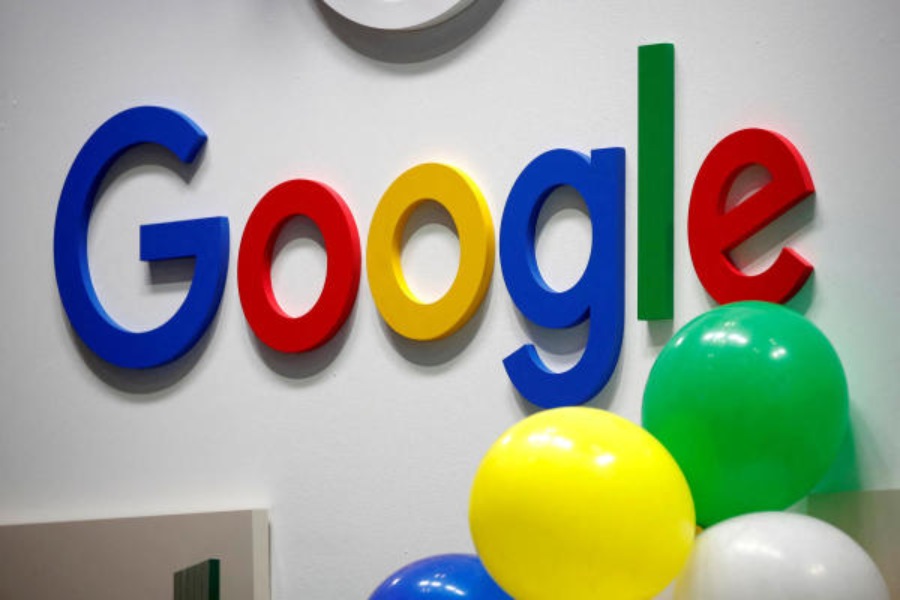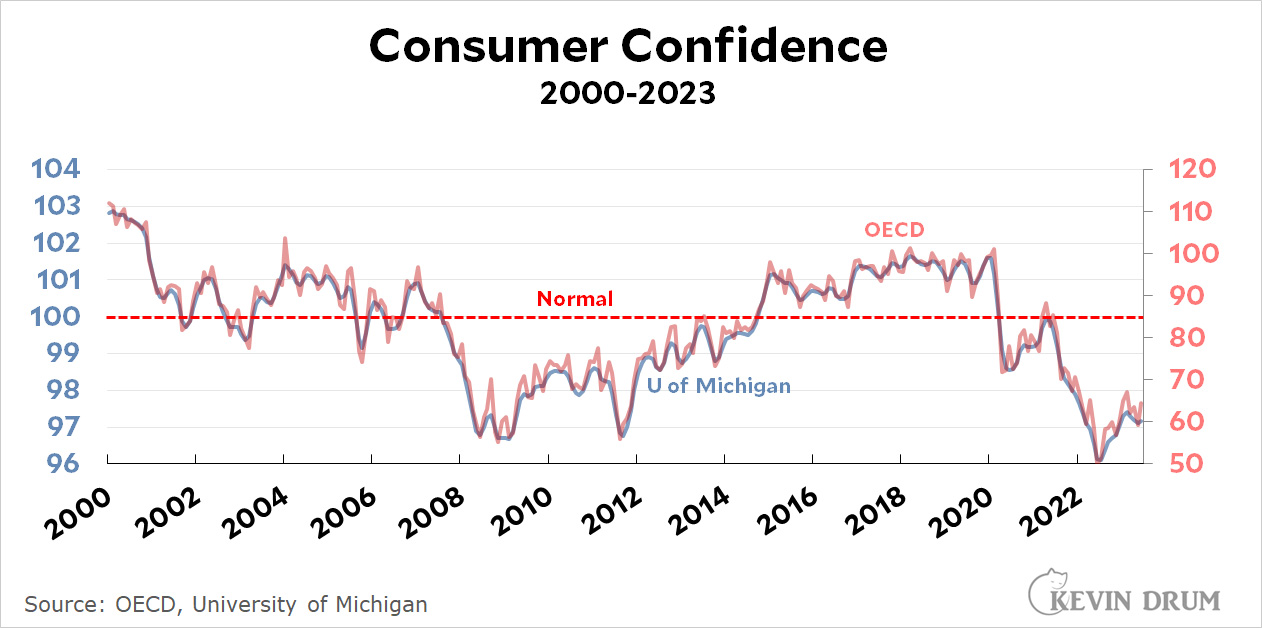The justice department sued Google in 2020, accusing the $1.6 trillion company of illegally using its market muscle to hobble rivals in the biggest challenge to the power and influence of Big Tech since it sued Microsoft Corp in 1998
Reuters Washington

A US judge hearing the justice department’s antitrust lawsuit accusing Google of unlawfully maintaining monopolies in the Internet search market let stand key claims made by the federal government.
Google had asked for summary judgment on all the government’s claims in the case, which is to go to trial next month. US judge Amit Mehta in Washington in a decision made public on Friday granted Google’s request on some grounds but allowed the remainder of the claims to proceed to trial next month.
The justice department sued Google in 2020, accusing the $1.6 trillion company of illegally using its market muscle to hobble rivals in the biggest challenge to the power and influence of Big Tech since it sued Microsoft Corp in 1998. Mehta is also hearing a case brought against Google by the attorneys general of 38 states and territories.
Google said on Friday it appreciated the court’s “careful consideration and decision to dismiss claims regarding the design of Google Search” in the case brought by the state attorneys general.
“We look forward to showing at trial that promoting and distributing our services is both legal and pro-competitive,” Google added. Connecticut attorney general William Tong praised the decision to allow the states Google search antitrust suit to proceed to trial. “Google abused its dominance to inflate its own profits at the expense of American businesses and in violation of antitrust laws,” Tong said.
Mehta noted Google LLC operates the largest US Internet general search engine whose “brand name has become so ubiquitous that dictionaries recognise it as a verb”. He noted Google in 2020 had nearly 90 per cent market share and advertisers spend over $80 billion annually alone to reach general search users.
The government has argued that Google illegally paid billions of dollars each year to Apple, LG, Motorola and Samsung, carriers like Verizon and browsers like Mozilla to be the default search for their customers.










